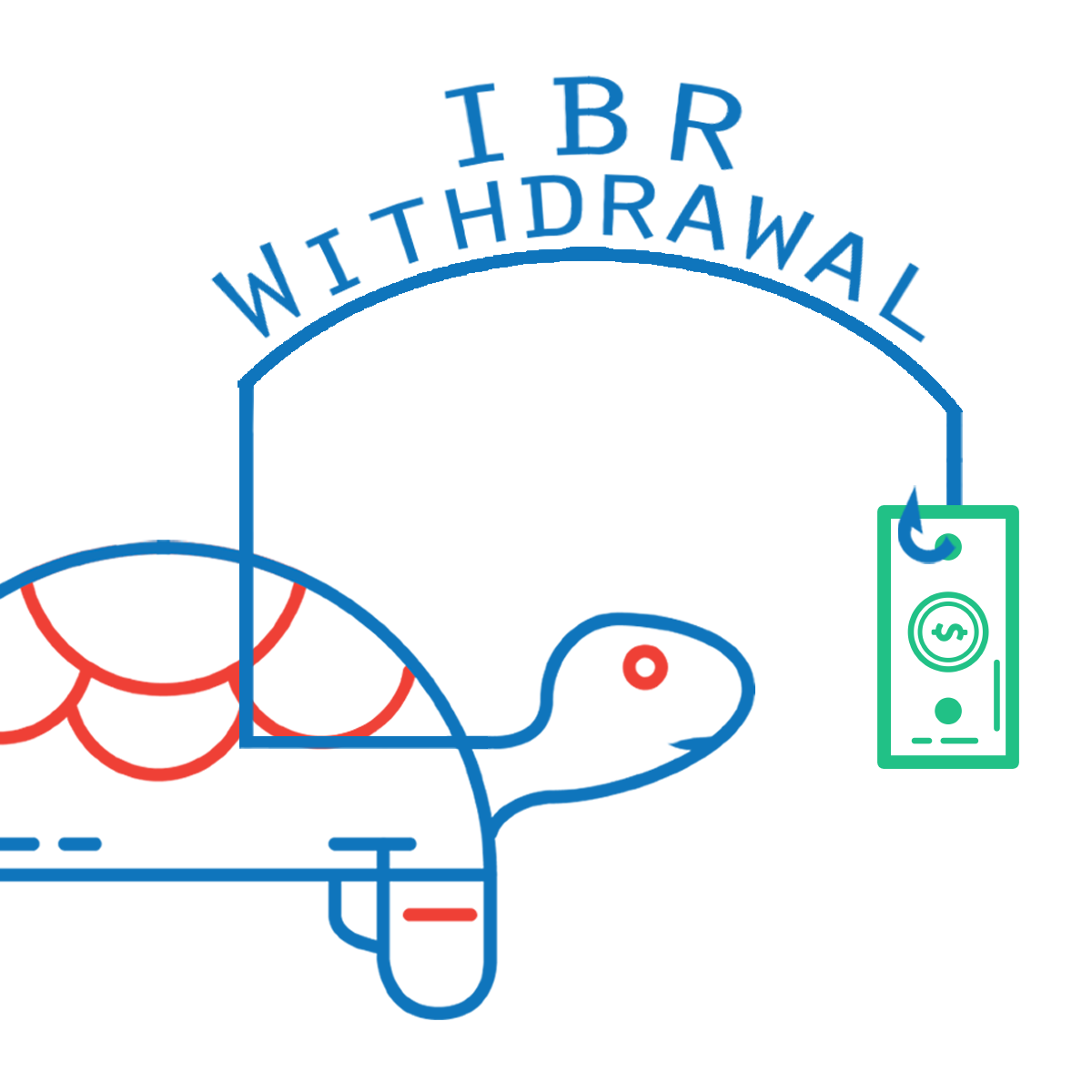SCIF, CorVel IBR Withdrawal Requests Create ENORMOUS Hassles for Providers

The billing lesson for today: providers should never agree to withdraw a request for Independent Bill Review (IBR), no matter how sweetly the payor begs. Trust us; we’ve learned the hard way.
Subsequent to a provider filing the IBR, some claims administrators will contact the provider, admit their error, and ask the provider to withdraw the IBR request — promising, of course, to reimburse the provider for the IBR filing fee in addition to remitting the disputed payment amount.
Having wasted the provider’s time and effort, some claims administrators then break that promise, adding hassle to injury by failing to remit the disputed amount and/or the portion of the $195 IBR filing fee the provider forfeited by withdrawing the IBR request. Even worse, Maximus, the entity which conducts IBR, has also failed to timely reimburse the provider when required to.
Both Maximus and the claims administrators in question should have the professional decency to fully and timely settle accounts when the provider is in the right.
IBR: A Circus of Inconvenience for Providers
When the claims administrator fails to remit the correct payment for authorized services, the provider must jump through a ridiculous series of hoops to obtain correct reimbursement. These hoops aren’t just annoyances; they disincentivize providers from requesting IBR — which essentially incentivizes claims administrators to remit incorrect payments.
First, the provider must submit a second review appeal. If, after the second review, the claims administrator still refuses to pay correctly, the provider has no choice but to request IBR. California’s Division of Workers’ Compensation (DWC) designates the private firm Maximus to conduct IBR on behalf of the state.
To request IBR from Maximus, the provider must:
- Make the request within 30 days from receipt of the final explanation of review (EOR) for the Second Review.
- Submit the request using the official form, DWC Form IBR-1.
- Include the final EOR from Second Review appeal, plus all other relevant documentation indexed and arranged as specified in the instructions that accompany DWC Form IBR-1.
- Submit a $195 processing fee, refundable only if Maximus rules in the provider’s favor.
- Concurrently send a copy of the IBR request and all supporting documents to the insurer’s claims administrator.
However, as stated in California Labor Code 9792.5.11., the provider may withdraw the request for IBR at any time before Maximus issues their Final Determination.
Inexplicable Epiphanies
Miraculously, once a provider files an IBR for correct payment, some claims administrators experience sudden epiphanies, admit to the error of their ways, and ask the provider to withdraw the IBR in exchange for correct reimbursement.
If the provider withdraws the IBR request before Maximus issues a Notice of Assignment of the case, Maximus refunds $147.50 of the $195 IBR filing fee. If Maximus receives the withdrawal request after the Notice of Assignment, the claims administrator is responsible for refunding the full $195. Note, however, that providers should always have a written agreement with the claims administrator agreeing to this refund.
Put simply, when the provider agrees to withdraw an IBR request, the claims administrator owes
- the correct payment for the disputed reimbursement, and
- Either the full $195 for an assigned case or $47.50 for an unassigned case.
But some claims administrators, including the recently beleaguered CorVel, convince providers to withdraw their IBR request and then refuse to reimburse the provider for the IBR filing fee.
CorVel Refuses To Pay
In May 2019, CorVel requested the withdrawal of multiple IBRs, admitting candidly that “we do realize this is our error and are ready to recommend the allowance…”
The provider agreed to withdraw the IBRs when CorVel agreed to reimburse the provider both the $195 IBR filing fees and the disputed amounts. But as of this writing, CorVel has failed to reimburse the provider the filing fees; this despite weeks of phone calls and emails from the DaisyBill Compliance Team.
Once the claims administrator has put the provider through the second review appeal and IBR request processes, only to cry “Uncle,” the least they can do is restore every cent the provider is owed.
SCIF & Maximus IBR Withdrawal Drama
In another example of IBR interruptus, California’s State Compensation Insurance Fund (SCIF), after mistakenly paying at 2018 rates instead of 2019 rates, asked DaisyBill to withdraw the resulting IBR requests on behalf of our clients. DaisyBill agreed to withdraw the IBRs once SCIF provided a written agreement to remit the disputed amounts and the portion of the IBR filing fees that were ineligible for refunds from Maximus ($47.50 for each withdrawn request).
SCIF held up their end of the bargain and remitted the $47.50 to the provider for each case. Maximus, on the other hand, did not. It took months — and badgering from DaisyBill — to get Maximus to return their portion of the IBR filing fee refunds. Even more painfully hilarious, the amount of payment in dispute for all the combined cases was just $159.57, less than the cost of just one $195 filing fee.
Were it not for persistence, the provider would have actually lost money in their effort to secure what the claims administrator owed. Providers can’t always be sure that the claims administrator will cooperate fully, as SCIF did in this case. Providers’ billing agents should not have to hound Maximus to ensure the return of filing fees.
Withdrawn IBR requests are yet another example of the extraordinary efforts required of providers to collect correct reimbursements and the resources necessary to navigate a frequently unfair system. Lesson learned: never agree to withdraw an Independent Bill Review (IBR), no matter how sweetly the payor begs you.
DaisyBill helps providers obtain correct payment, even when the claims administrator is less than cooperative. Our Billing Software generates compliant Original Bills and makes appealing for second review a snap. Plus, our IBR resources help your office prevail when it’s time to take the dispute to the state. Schedule a free demonstration today.
SCHEDULE DEMO
DaisyBill provides content as an insightful service to its readers and clients. It does not offer legal advice and cannot guarantee the accuracy or suitability of its content for a particular purpose.


.gif)
